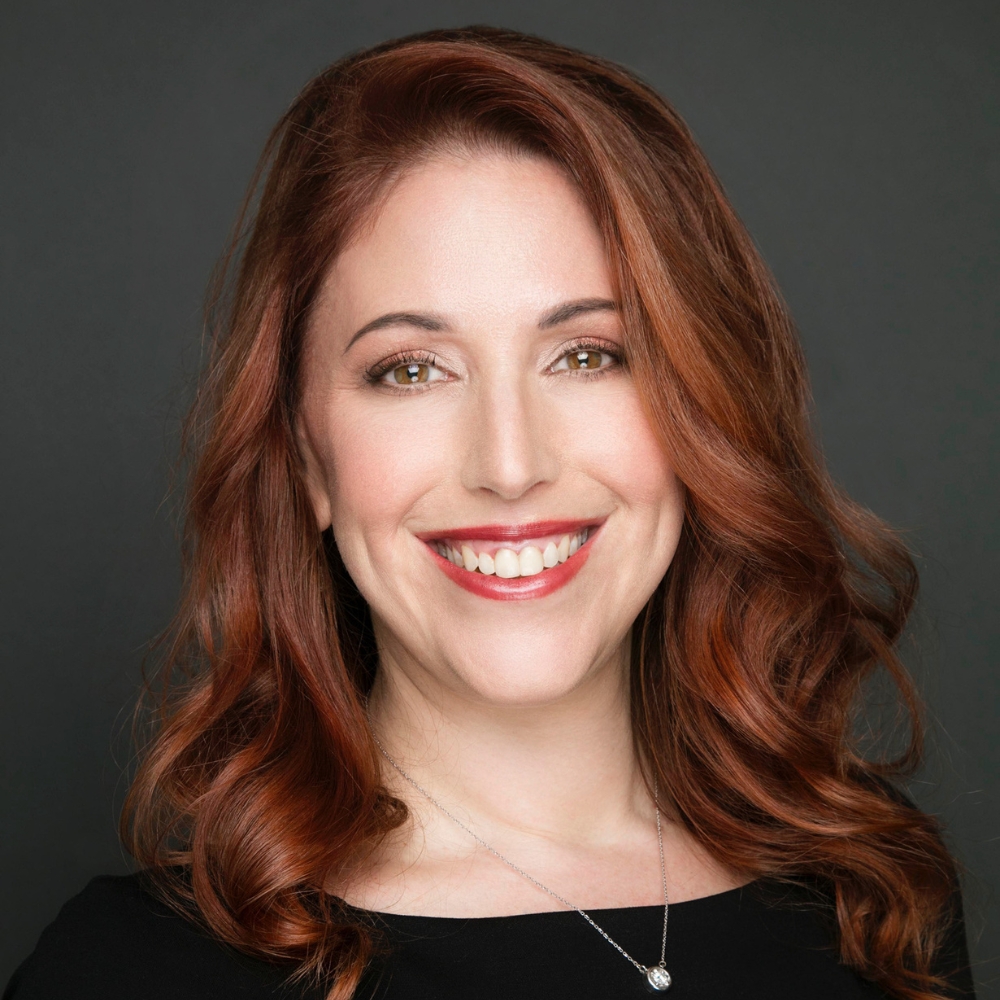Diana Gerson

-
Email
dg25587@essex.ac.uk -
Location
Colchester Campus
Profile
- Children’s rights and child-led definitions of family
- Faith-based responses to gender-based violence and spiritual abuse
- Interfaith and multifaith partnerships in humanitarian action
- Displacement, migration, and psychosocial support
- Human trafficking, online sexual exploitation of children, and child sexual abuse
Biography
I am a PhD candidate in the Department of Psychosocial and Psychoanalytic Studies at the University of Essex. My doctoral research explores the evolving definition of family from the perspective of childrenparticularly those who are unaccompanied, displaced, or otherwise without parental supervision. Through a psychosocial, rights-based lens, I both explore and critically interrogate how children experience and define family, belonging, and care in the face of systemic exclusion and vulnerability. My aim is to inform more inclusive, child-centered approaches to social policy, law, and care systems. Since 2005, I have served as the Associate Executive Vice President of the New York Board of Rabbis (NYBR), where I represent the organization at the United Nations and lead interfaith initiatives focused on child welfare, community resilience, and violence prevention. I have worked to unite religious leaders across faiths to protect vulnerable populations, facilitate workshops to end violence against children and families, and build multi-faith coalitions addressing safeguarding in both physical and digital environments. As a recognized pracademic, I bring the applied insight of field-based leadership into conversation with academic research. I serve as the USA Country Coordinator for the Global Network of Religions for Children (GNRC) and as a member of the UNHCR Multi-Religious Council of Leaders, where I contribute a faith-informed perspective to global refugee and child protection policy. In 2022, I was appointed Senior Advisor for Partnerships and External Relations at the Interfaith Alliance for Safer Communities (IAFSC), expanding my engagement in international efforts to combat human trafficking, sexual exploitation, and online child abuse. I am also the co-founder of the Global Advocacy Hub for Children and Families, a platform committed to addressing the root causes of vulnerabilitysuch as poverty, migration, and violencethrough research, advocacy, and capacity-building. I am a member of the Child Dignity Alliance and served on the steering committee for the Child Dignity in a Digital World Forum in Abu Dhabi in 2018. I also serve as a clergy liaison to the New York Police Departments Community Affairs Bureau, where I help strengthen relationships between faith-based institutions and law enforcement. As an internationally recognized speaker and moderator, I have had the honor of addressing forums such as the World Economic Forum in Davos, the World Government Summit in Dubai, the Human Rights Council in Geneva, and the UN Summit of the Future. Across these platforms, I advocate for interfaith collaboration, ethical leadership, and child protection as essential pillars of sustainable and inclusive development. I hold a Masters degree in Hebrew Literature and Rabbinic Ordination from Hebrew Union College Jewish Institute of Religion and a BA in Political Science from Rutgers University. My work remains rooted in the belief that ethical leadership and multi-faith collaboration can build safer, more just environments for children and families worldwide.
Qualifications
-
BA in Political Science Rutgers University (USA) (1996)
-
MA Hebrew Literature Hebrew Union College-Jewish Institute of Religion (2000)
-
Rabbinic Ordination Hebrew Union College-Jewish Institute of Religion (2001)
Research and professional activities
Thesis
What is Family? (Evidence-Based) Defining of an Essential Social Construction, Emphasizing Children's Roles and Rights Within Modern Societies
This research examines the evolving definition of family through the lived experiences of children, particularly those who are unaccompanied, displaced, or without parental care. Using a psychosocial and rights-based framework, the study explores how children themselves conceptualize family, challenging dominant legal and adult-centric constructs. The research seeks to inform more inclusive social policies and legal frameworks through qualitative methods, including interviews and narrative inqui